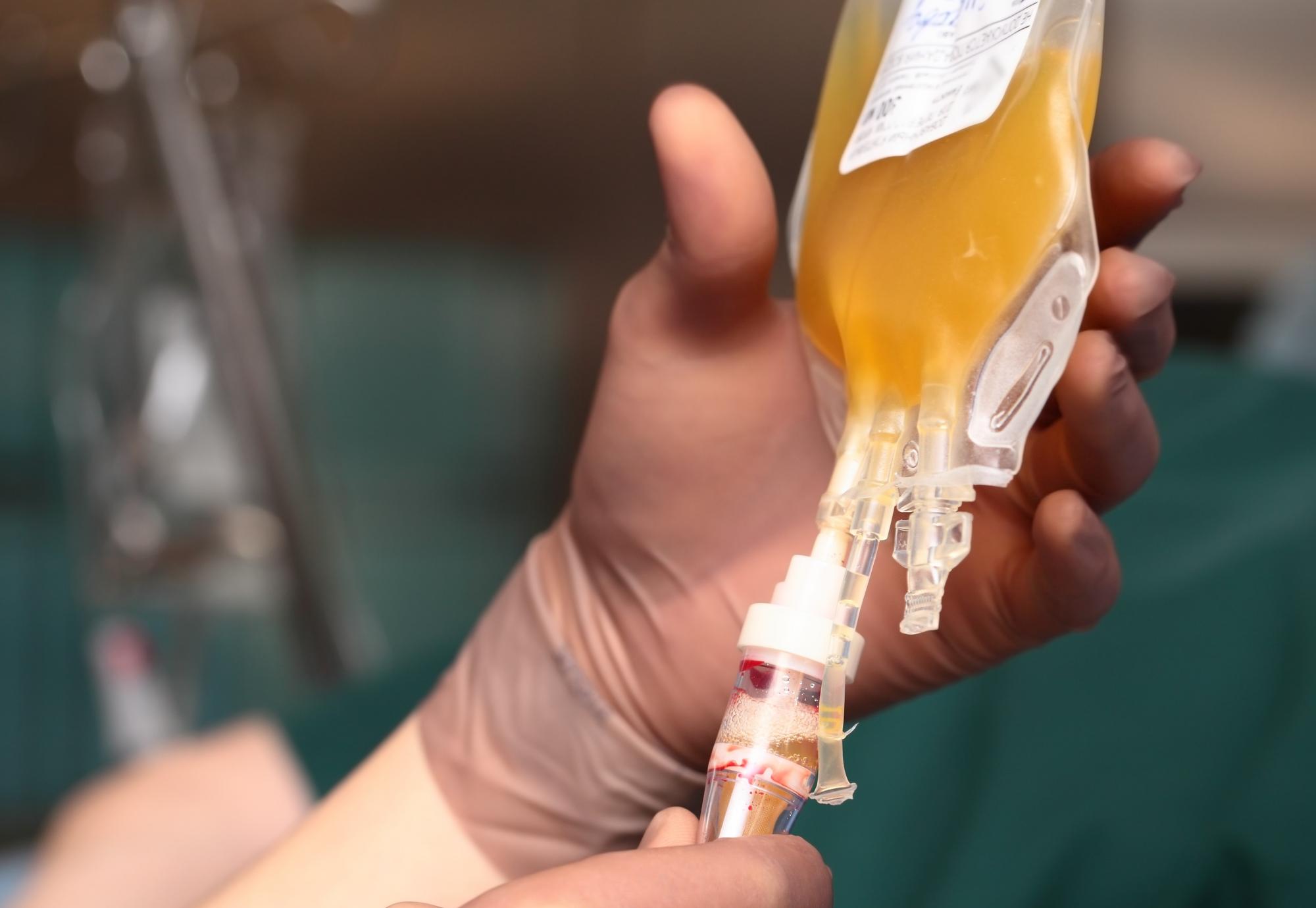The Government has lifted a ban on UK-sourced blood plasma being used in the manufacture of potentially life-saving treatments, a move which could soon benefit thousands of critically-ill patients.
It relates to a restriction introduced back in 1998 on donations of plasma in the UK being used to manufacture some medicines, known as immunoglobulins.
These medicines are manufactured from plasma donated by the public and are used to treat several serious diseases and conditions, including those with severely-reduced immune systems due to long-term cancer treatment or people with antibody deficiencies.
The recommendation to lift the ban came following a review by medicine safety experts at the independent Commission on Human Medicines (CHM) who concluded the use of UK-sourced plasma to manufacture these immunoglobulin treatments is safe and can recommence, provided it is supported by a robust set of safety measures.
In lifting the ban in England, the Government can begin to use plasma donations from UK blood donors to manufacture these potentially life-saving medicines for use with NHS patients.
The Government is also expected also introduce a new condition to ensure UK plasma is used first for UK patients and not exported to meet contracts elsewhere.
Health Minister Lord Bethell said: “Following expert advice, I am pleased we are now able to lift this ban to help thousands of NHS patients access these potentially life-saving treatments as quickly as possible.
“The move will also help England become self-sufficient and we will not have to rely only on imports from other countries, ensuring every NHS patient can always access the treatments they need.
“The safety of NHS patients remains our absolute priority and we have put in place robust precautionary measures to ensure every batch is safe.”
NHS Blood and Transplant Chief Executive Betsy Bassis added: “This is an exciting opportunity for the UK to reduce its dependence on the US for critical plasma-derived medicines on which so many patients depend.”
“We are so pleased that our donors’ gifts will now be able to save and improve even more lives in the years ahead. This is an exciting day for donors and patients alike.”
The original 1998 ban was introduced in response to concerns over the spread of a human variant of BSE, called Creutzfeldt Jakob Disease - colloquially known as ‘mad cow’s disease.



















